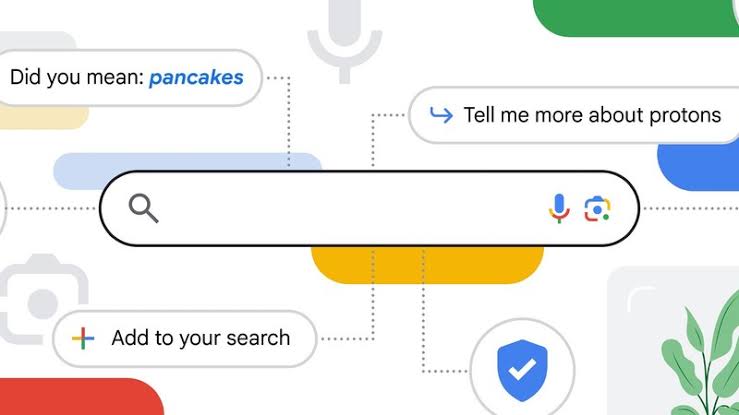In honour of Google’s 25th birthday, it’s critical to acknowledge the enormous influence this tech titan has had on society at large, with an emphasis on its influence in Africa. This piece examines five essential ways Google has improved its African search capabilities.
The company’s efforts to improve the search experience are changing how African people find information. This includes things like giving better results, understanding questions asked in natural language, understanding visual material like pictures and videos, blocking unwanted messages, and making safety measures better.
Read also: Google updates Android with new logo, 3D Bugdroid
5 ways Google improves African search
Producing Excellent Results
Google has prioritized quality search results from its founding. The search giant uses advanced algorithms like PageRank, which analyzes website interlinking and keyword relevancy to evaluate page prominence and authority.
In reaction to misinformation, the internet giant has created methods to identify areas of dubious content, such as conspiracy theories or medical misinformation, and prioritize trustworthy sources.
We do several quality evaluations annually to maintain our high standards. Google will routinely upgrade fundamental systems and give valuable results through specialized updates, such as informative updates, according to a statement.
Google Search provides valuable and dependable results thanks to regular quality reviews and core and targeted improvements.
Provides alerts when results may lack confidence or topics are rapidly moving to fill information gaps. It also provides information literacy tools to assess results.
Understanding Meaning
Google’s search engine works best when it can determine what people are trying to find. At first, Google’s systems were based on easy word matching, but they have changed significantly.
“At the time, if you misspelled a word, you’d only find pages that misspelled it, too! We constructed our first Search machine learning engine to solve this challenge. “Over time, our systems have become much smarter and better at understanding synonyms and context,” Google stated.
Google can now understand relationships thanks to the Knowledge Graph. It gives more accurate and meaningful search results. Google has also improved its natural language search understanding in many African languages with huge language models like BERT.
Google Translate has also helped consumers find information in their preferred language by removing language barriers. Google is investigating how generative AI and huge language models could impact search further via Search Labs.
Understanding images and videos
Google knows that the world is not only made up of text-based information. Google made it easy for Africans to use their voice to search on mobile devices by adding voice search. This was made possible by improvements in natural language processing.
“In 2008, we made it possible to search with your voice by using the latest developments in natural language processing (NLP). This made it easier to search on a phone. Then, we took voice input a step further by adding the ability to “hum to search,” for when you have a song stuck in your head but don’t know what words to look up.
Also, visual search tools like Google Lens have changed how Africans learn about the world around them. Users can get helpful information about items, plants, animals, or anything else they see by photographing it.
More than 12 billion visual searches are now made using Lens each month.
Google’s “multisearch” feature lets people use text and images to find similar things or broaden their search based on what they see.
How to find and stop spam
Spam is always a problem in the online world, including search engines, just like it is with email. Google has implemented high-tech systems and methods to fight spam and ensure that search results remain accurate and valuable.
“Similarly, on Search, we’ve built advanced tools to fight spam. Without our improved protections, search results would be full of useless information, phishing attempts, and links to malware, the company said.
Google has a very excellent spam-free rate of over 99%. This is thanks to constant updates and the use of AI-powered spam detection. But spammers are constantly changing, so it takes constant work to stay ahead of them and keep users safe from useless, misleading, or malicious content.
Searching more safely
The search giant claims it will keep African users secure and inclusive. Google balances information accessibility and user safety by protecting users from explicit content, exploitative practices, and undesired personal information exposure.
Our strategy includes expanding policy safeguards to exclude sensitive personal information from results and upgrading ranking algorithms for safety and inclusion.
Google guarantees search results meet users’ preferences and safety needs via upgrading ranking algorithms, default blurring of explicit imagery, and personal data management tools.




